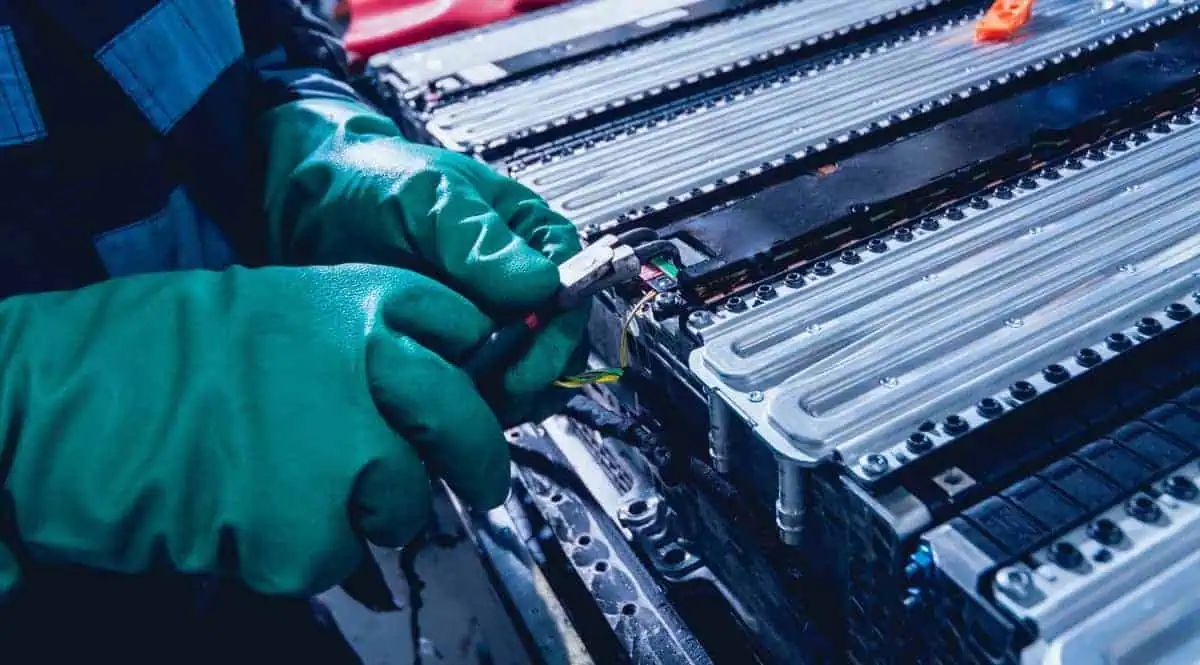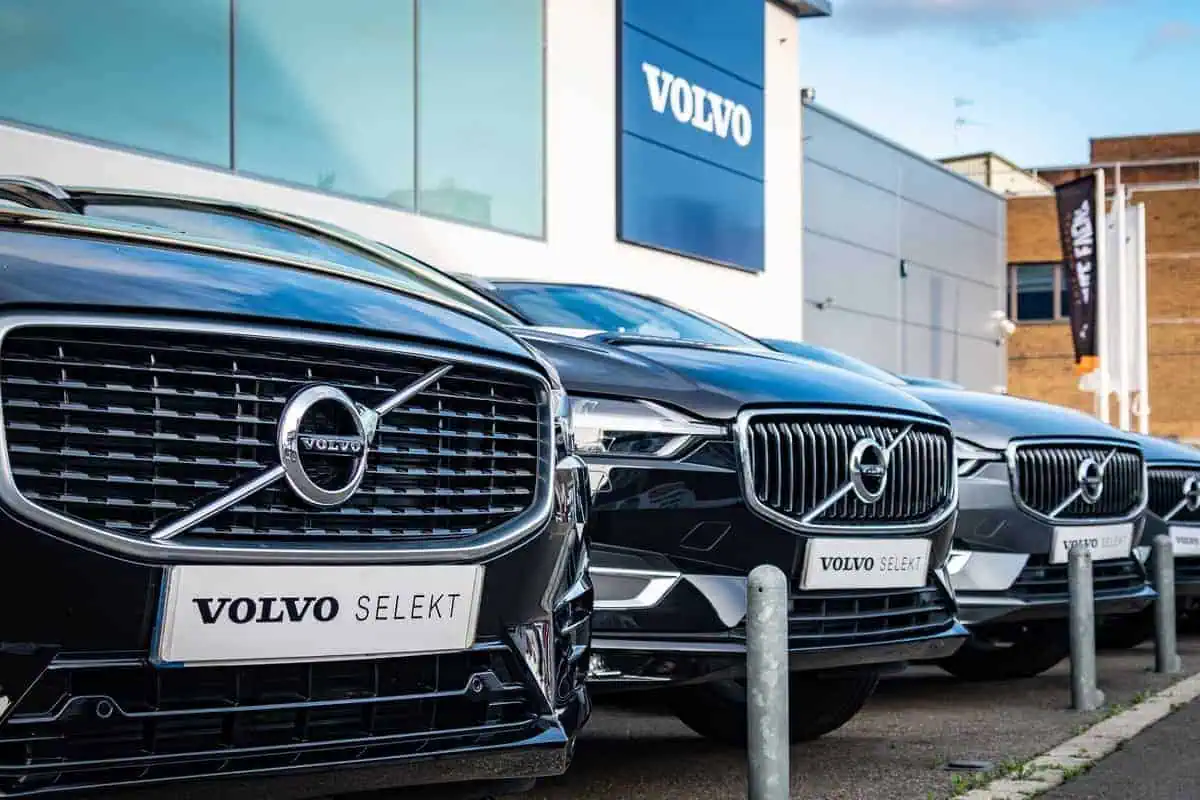Many people are switching to electric vehicles, while others are still considering the transition. For everyone who are ready to switch, sitting on the fence or having serious doubts about electric cars, they all have one thing in common! They want to know more about batteries, which are going to replace engines as energy (in ICE) source of the vehicle.
How long do EV batteries last?
An electric vehicle’s capacity to run depends on its battery. The battery connects to the electric motors, which drive the wheels. While being pressed, the accelerator feeds power to the engine, which consumes the stored energy inside the batteries.
The rate of battery degradation depends on some factors, that includes the type of battery chemistry used, the frequency of charging and discharging, the temperature at which the battery operated, and the amount of energy drawn from the battery over time.
“An electric vehicle is powered directly from a big pack of batteries. These EV batteries are worlds apart from the heavy lead-acid batteries in conventional combustion engine cars.
EV batteries are much closer to the ones in your mobile phone or laptop, yet more reliable and with a vastly increased life span. EV batteries use a pack of 2,000 plus individual lithium-ion cells. There’s no lithium metal in the batteries, only ions – atoms or molecules with an electric charge.”
National Grid
The vehicle uses its battery to power up the car while being driven. If it is currently charging, the battery uses chemical energy and transforms it into electrical energy.
EV batteries wear out, but EV makers have gone through the trouble to ensure that the batteries will last much longer. Manufacturers guarantee it, said by EDF, to provide electric vehicle batteries more trouble-free time.
Today’s EV batteries have an expected lifespan of 8 to 20 years. For instance, Nissan warrants that their batteries will last eight years or 100,000 miles. At the same time, Tesla offers a similar warranty.
Aside from that, Ev-a2z reported a month ago that researchers from the University of Cambridge had developed a machine learning algorithm and a non-invasive way to check a battery’s health. These could help reduce the charging time of EVs and prolong their battery lifespan.
“Their newly developed algorithm could help the automotive industry reap the full benefits from the batteries.”
Ev-a2z
Overall, while EV batteries wear out over time, they are typically designed to last many years of use and can extend their longevity through proper care and maintenance.
How to extend EVs’ battery life?
According to Forbes, new research by the universities of Exeter and Cambridge from the UK and Nijmegen in the Netherlands has decided that electric cars lead to lower carbon emissions even if electricity generation still relies on fossil fuels.
Reported to be cleaner than gas-powered cars, the customers are concerned about the range and lifespan of EV batteries.
Electric vehicle batteries can last for hundreds of thousands of miles and are continuously improving.
Coltura claimed that EV batteries are warranted to last for eight years; however, new batteries are lasting longer, which in some cases, are close to reaching 500,000 miles.
It is not only calendar years that push EV batteries to age. Factors such as the state of battery charge and extreme temperature exposures impact how battery life degrades over time. Though newer EV batteries, created to avoid overcharging, over-discharging, and overheating, they can incorporate some ways that may maximize battery life.
Ev-a2z listed some tips on how to maintain and extend EV’s battery life:
● Minimize exposure to extremely high temperatures when it is parked. Avoid exposing your EV to extreme heat while parked unplugged. EVs with an automated temperature control system drain the batteries to keep the temperature low for optimal efficiency.
While performance only works on the road when EV uses its battery, parking your electric vehicle in the shade or plug-in allows its thermal management system to function using only grid power.
● Avoid using fast charging. Though fast charging is considered convenient, it presses too much current into the EV batteries, which strains and weakens them quickly. Standard charging gives 10% more battery life than fast charging.
● Maintain optimal battery charge. Electric vehicles parked or stored with an empty or full battery also impact and degrade the battery. Maintaining optimal control is essential. When an EV is dormant, keep the battery level between 25 and 75%.
● Avoid frequent charging. Charging the battery frequently degrades its condition and performance quickly, and avoid overcharging it. Charge it up to 80% if you can, as the total charge is not great for lithium-ion batteries. After using your EV, give it some time to cool down before charging it.
● Use the original charger. It is advisable to use the original charger provided by the EV manufacturer. Although third-party chargers are cheaper and readily available, they might increase the risk of malfunction. Use the correct charger for your EV and avoid fast charging too frequently, as it can generate more heat and stress the battery.
● Avoid knocking or dropping EV’s battery. It might damage its internal components and thermal management systems, so it is crucial to be careful.
See Also:
- CATL and UL Solutions are advancing battery safety and efficiency
- University researchers developed new battery tech that chargers EVs in 10 minutes
- TWAICE battery analytics platform guarantees immensely valuable insights at every point in a battery’s lifecycle
- Rivian patents a fast-charging air-conditioned electric vehicle charger
- Penn State researchers develop a new technique to charge EV batteries in 10 minutes
These tips help maximize your EV battery’s potential. However, it is still due and depends on its user’s handling of their EVs. Also, by following these tips, you can help to extend the life of your EV’s battery and get the most out of your vehicle over time.






